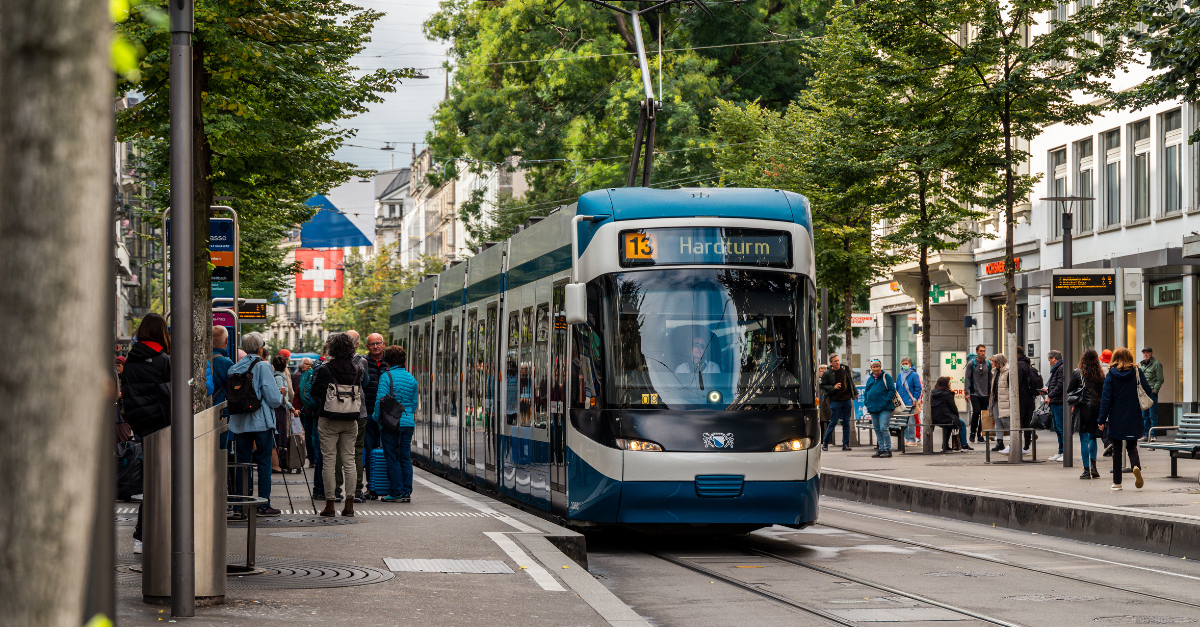Predicting Public Transport Adoption with Machine Learning
Projects | | Links: Contact me to learn more

A machine learning study was carried out to explore how improvements in public transport service quality could influence travel behavior across Switzerland. Logistic regression and neural networks were applied to survey data, with the models highlighting the most important factors behind mode choice and identifying regions most sensitive to service upgrades.
This project investigated how improvements in public transport service quality
could increase adoption across Switzerland. A national travel survey provided over
2,000 entries with socio-economic details, travel patterns, and attitudinal
responses. After careful preprocessing and imputation, two models were developed:
a logistic regression baseline for interpretability, and a neural network
for capturing non-linear relationships. The neural network achieved the best
performance, with precision above 92%.
Main results from the study:
- Walking time to stops was the single strongest driver of mode choice, with shorter walking times consistently increasing public transport usage;
- Transfers and waiting times mattered in certain regions, while ticket cost played only a minor role;
- Providing general or area season tickets showed a positive effect, though the strength of this effect is uncertain due to reverse causality;
- Raising car costs (e.g. fuel prices) led to a modest shift toward public transport;
- Zürich and Eastern Switzerland emerged as regions with the greatest potential impact from targeted improvements, while areas like Vaud and Bern showed less sensitivity.
Overall, the results suggest that improving accessibility and convenience is more effective than lowering fares in encouraging people to use public transport (in Switzerland). Investments in high-demand regions could therefore bring the most significant shifts toward sustainable travel.
Note: Due to university policies, I cannot share the full report, code, or detailed data. If you are interested in discussing the methodology or results further, please get in touch :)
